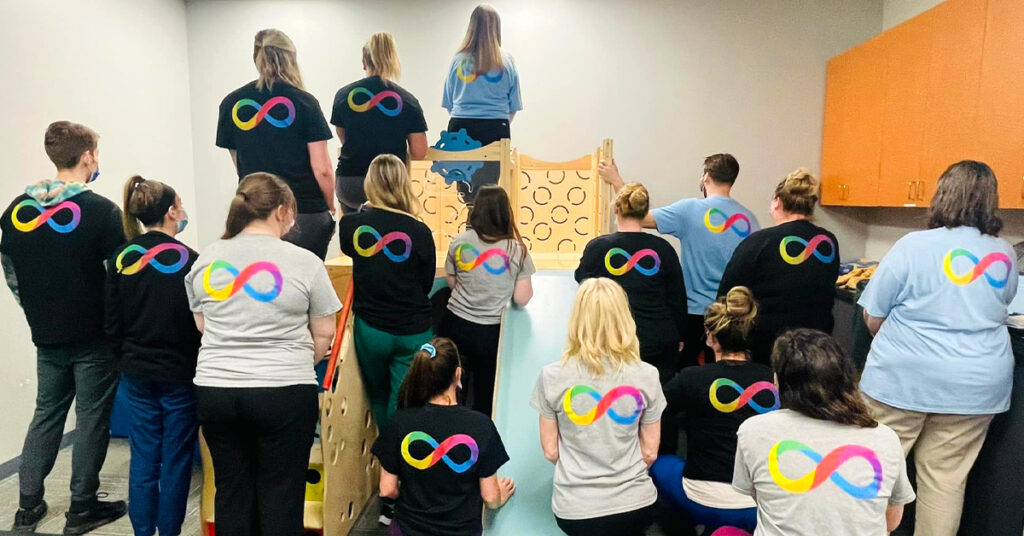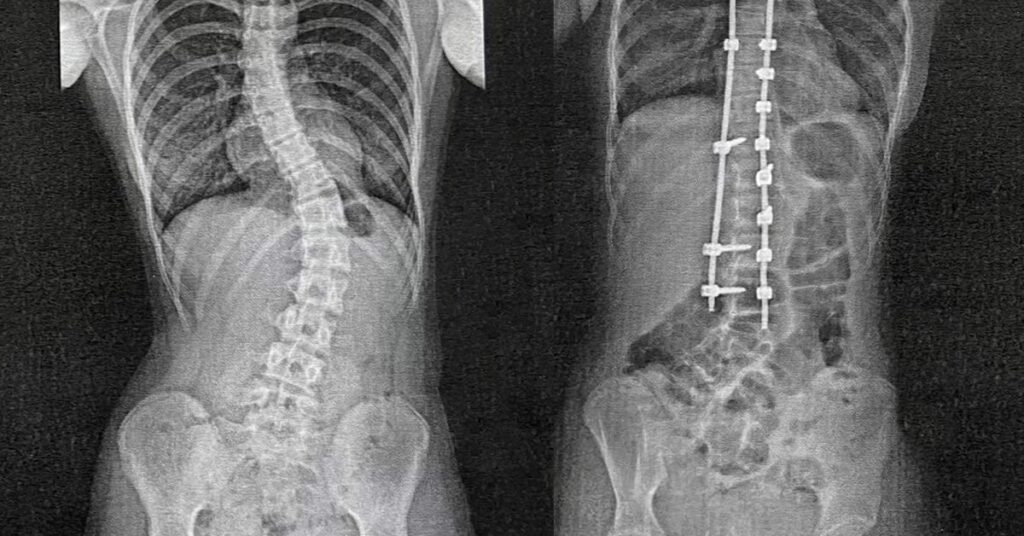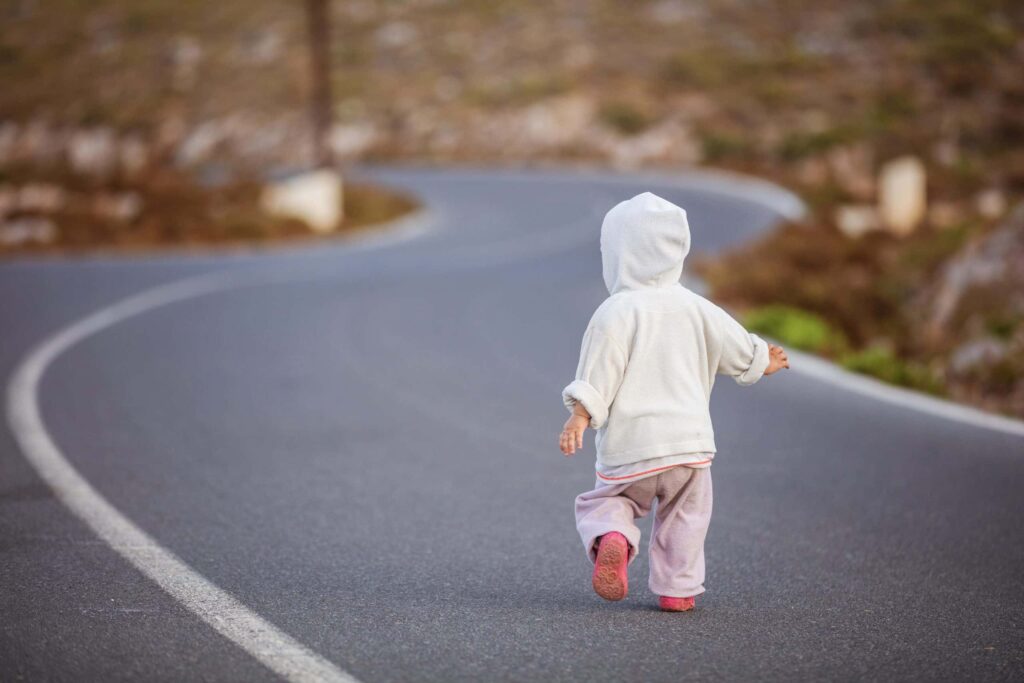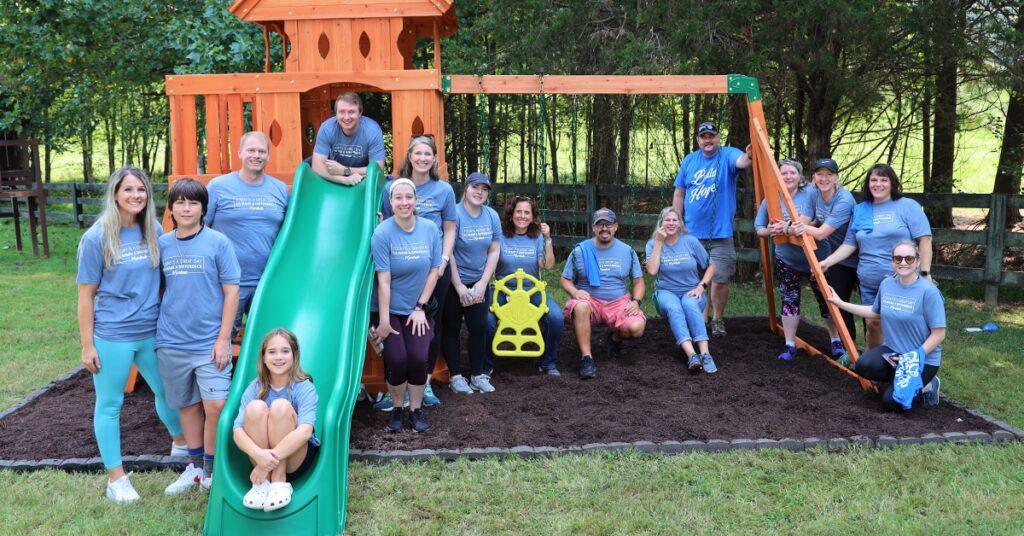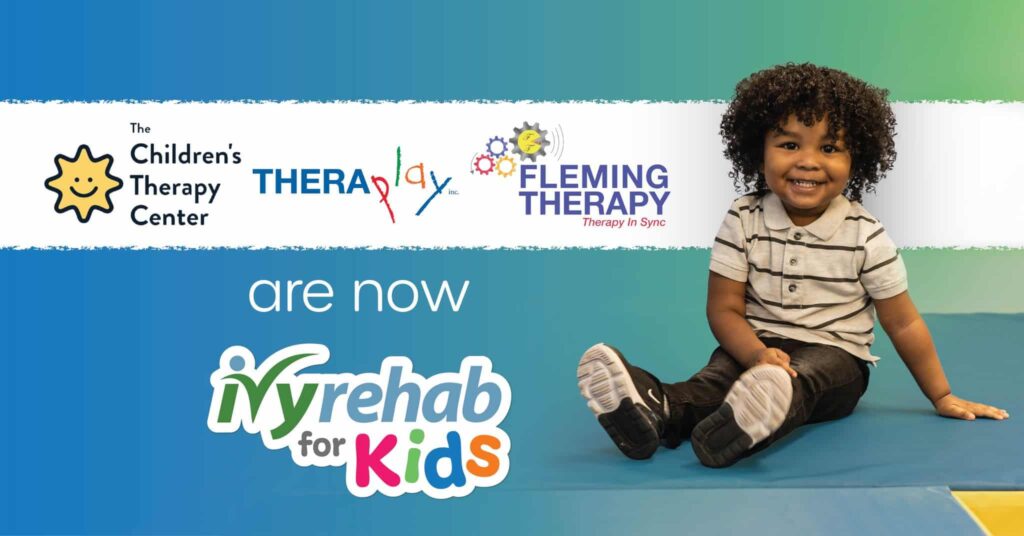Potty training is one of those milestones that can feel like a huge deal – for kids and for parents alike. But when your child is neurodivergent, it can come with extra challenges that make the process feel overwhelming or even impossible.
If that sounds familiar, take a deep breath – you’re not alone. And you don’t have to do this alone either.
At Ivy Rehab for Kids, our pediatric physical and occupational therapists help kids and families take the stress out of potty training by building skills, confidence, and calm routines that actually work.
Why Potty Training Can Be Especially Tricky
Every child develops at their own pace, but for neurodivergent kids – like those with autism, ADHD, or sensory processing differences – potty training can take longer and feel a lot more complicated.
Here’s why:
- Sensory sensitivities: Loud flushes, cold seats, and the feeling of being wet or messy can be overwhelming.
- Motor planning challenges: Using the toilet involves a lot of steps – getting to the bathroom, managing clothes, balancing, wiping, and washing hands. If your child has trouble with coordination or sequencing, these can be big hurdles.
- Decreased body awareness (interoception): Some kids may not recognize when they need to go or struggle to communicate it.
- Transitions and rigid routines: Trying something new, even something small, can feel like a major disruption.
- Hyperfocus or distraction: Kids may be so engaged in a task or play that they miss or ignore bathroom cues.

These aren’t bad behaviors – they’re signs your child may need a different kind of support.
How Pediatric Therapy Can Help
The good news? There’s a whole team of people ready to help your child thrive, including our pediatric physical therapists (PTs) and occupational therapists (OTs).
We create personalized plans that help kids build the skills they need for toileting success. And we partner closely with parents so that what works in the clinic can work at home, too.
Here’s what that can look like:
Sensory Support
Our OTs help kids who are sensitive to noise, textures, or change. Using calming strategies, visual supports, and gradual exposure, we work toward making the bathroom a less stressful place.
Learn more from the American Occupational Therapy Association (AOTA) on how occupational therapy supports toileting.
Motor Skills and Balance
Our PTs build strength, stability, and coordination so your child can get on and off the toilet safely. OTs focus on dressing, wiping, and other hygiene skills to boost independence.
Routine Building
We help create daily toileting routines with tools like visual schedules and timers. Predictability gives kids confidence – and reduces resistance.
Emotional Support
Our therapists understand that fear and frustration are common. We support kids with strategies rooted in empathy, trust, and small wins that build motivation.
Environment Setup
We may recommend equipment or simple changes (like a footstool or adaptive seat) to help kids feel safe, supported, and in control.
The Impact: Confidence, Comfort, and Independence
Potty training isn’t just about checking a box – it’s about helping kids participate in daily life with more independence and dignity. For many families, the right support turns stress into progress.
According to the AOTA, therapy that supports motor skills and sensory regulation can play a key role in potty training success. For neurodivergent kids – especially those with autism – challenges like body awareness, balance, and sensitivity to things like noise or texture can get in the way. Therapists help kids build the skills and confidence they need to move forward.
At Ivy Rehab for Kids, we focus on the whole child. Our goal is to make each child feel seen, supported, and successful – and to give parents the tools to carry that progress into everyday life.
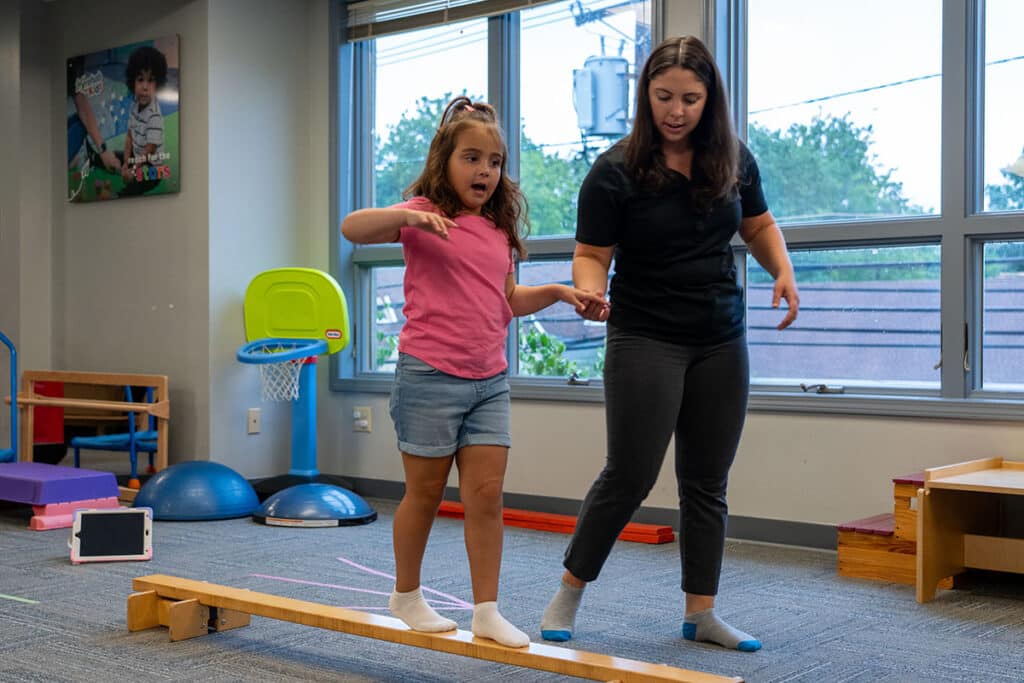
Not Sure If It’s Working? Look for These Wins
Potty training isn’t all or nothing. Small steps are still progress. Celebrate moments like:
- Walking willingly into the bathroom
- Sitting on the toilet, even briefly
- Noticing when they’re wet or dry
- Staying dry for longer stretches
- Tolerating wiping, handwashing, or flushing without distress
3 Potty Training Myths (and the Truth Behind Them)
Myth #1: “They’ll all go when they’re ready.”
Some kids do, but many neurodivergent children need structured support. Waiting too long can create added stress.
Myth #2: “They’re just being stubborn.”
Accidents are rarely about behavior. More often, they’re caused by sensory overload, motor challenges, or communication delays.
Myth #3: “If they’re not trained by [insert age], something’s wrong.”
Neurodivergent kids often follow a different timeline. That’s not failure – it’s just their way.
Why Choose Ivy Rehab for Kids?
- We specialize in neurodivergent children ages 1-21
- Our team includes both occupational and physical therapists
- We offer individualized care plans to meet sensory, motor, and developmental needs
- We partner with families and pediatricians to build routines that work at home and in school
Let’s Take the Next Step Together
If potty training feels like a struggle, we’re here to help. Find your nearest Ivy Rehab for Kids location and call us today to schedule an evaluation.




